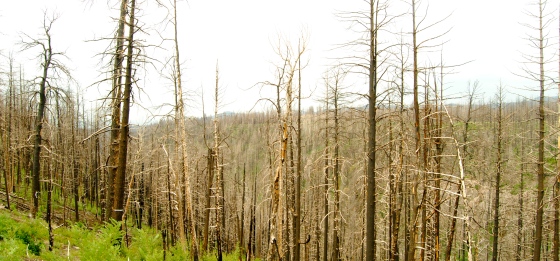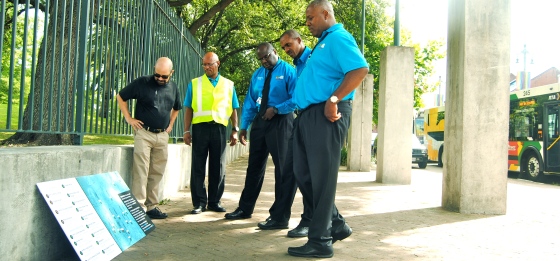Chapter 5 from our report summarizing the lessons we learned on the Great American Adaptation Road Trip. We partnered with the Georgetown Climate Center to get this to you. Chapter 6 coming soon.
Take home lesson #5: A key challenge for funding adaptation efforts is finding ways to overcome upfront investment costs in order to save money in the long run. Creative financing mechanisms and savvy individuals can pave the way.
The World Bank has estimated that it will cost between $70 billion and $100 billion annually to adapt to a 3.6-degree-Fahrenheit warmer world by 2050. However, these figures depend strongly on whether our adaptation efforts are proactive or reactive: The United Nations Development Programme estimates that every dollar spent on preparedness for disasters now can save up to seven in relief efforts later. But what does this mean for a local city planner or natural resource manager trying to attach a price tag to a resilience-building project at the local level? Continue reading


